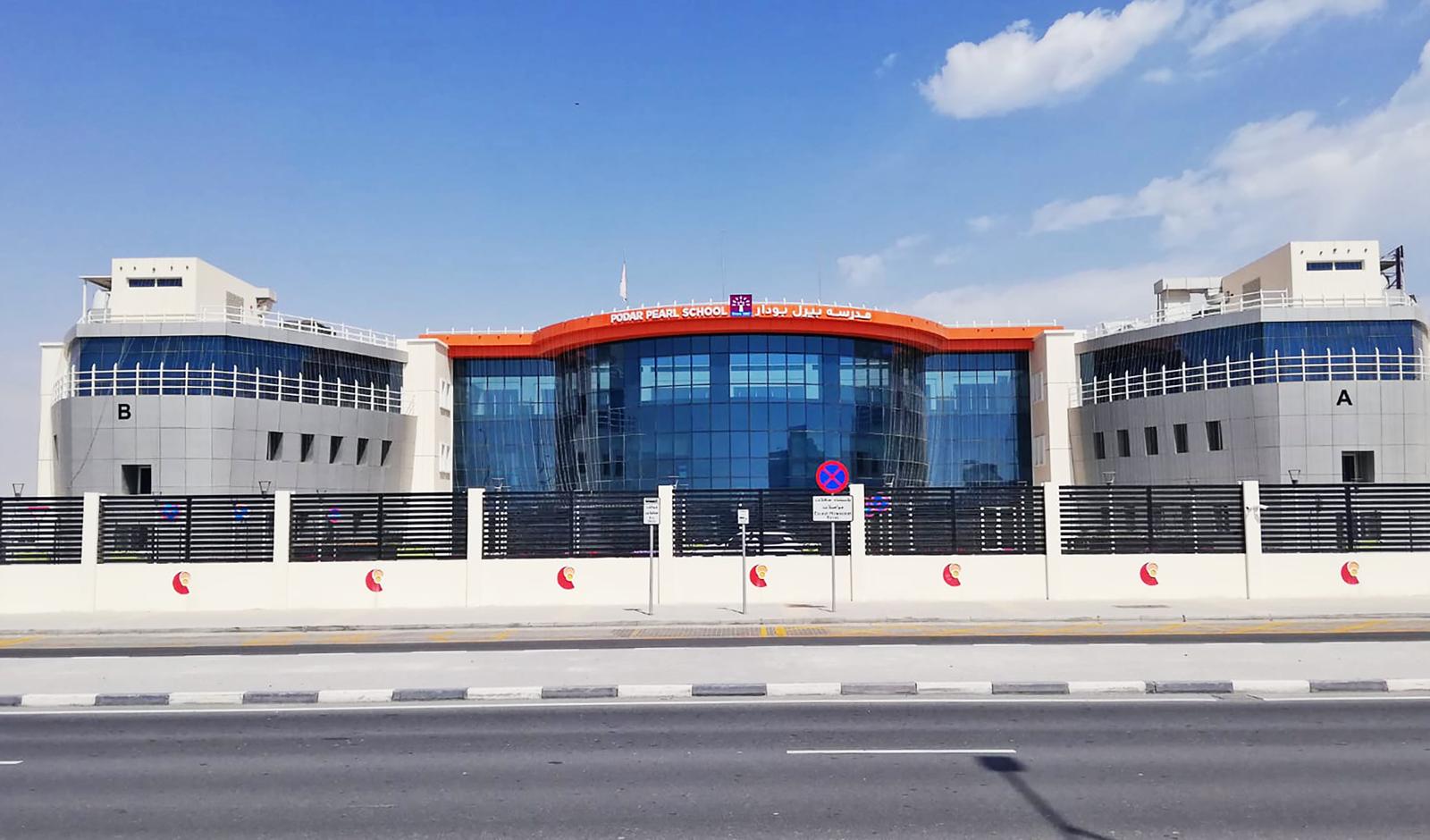
New criteria laid about by Qatar’s Supreme Education Council (SEC) would give parents and children enrolled in private schools the ability to influence the body’s decision to allow tuition increases.
Yesterday, the SEC set out a new, five-point plan for assessing requests to raise tuition hikes, in an effort to create a “scientific and transparent” system.
All private schools in Qatar are required to submit a request to the SEC for approval if they wish to increase their fees. If a school announces fee rises without permission, its license could be revoked.
In a statement, the SEC’s director of Private Schools Office, Hamad Mohammed Al Ghali, said that school applications would now be judged according to the following criteria:
- The current level of tuition fees and surcharges, previous fees and the number of times a school was granted permission to increase fees in recent years;
- Parents and pupils’ assessments of their teachers;
- The financial situation of the school;
- How well schools have filled out the SEC fee increase application form; and
- The school’s accreditation status.
School Report Cards
The SEC did not give details on how it would collect parents’ and pupils’ feedback on their teachers, and was not immediately available for comment.
However, the council does create and manage Report Cards for 257 independent, private Arabic and some international schools in Qatar.
These cards, designed for use by parents selecting schools, record an individual school’s current academic performance and assess how it has performed over recent years and against other similar schools.
The reports include parents’ and students’ views on the school, its curriculum, teaching approaches, activities and services.
In his statement, Al Ghali admitted that the new criteria was introduced in response to school pressure to meet increased costs. However, he warned that fee increases should be “gradual” and must remain in line with inflation:
“The Council seeks to adopt a gradual increase in school fees low rates based on the quality of education and on the basis of reasonable increases in costs, that corresponds to the average increase in fees with inflation rates in the state.”
Private school tuition fees vary substantially across Qatar. British curriculum schools have fees of between QR30,000 to QR50,000, and added registration and administration costs.
The Indian Birla Public School tuition fees are just over QR10,000 a year for secondary pupils, while the American School of Doha (ASD) charges parents more than QR67,000 a year in fees at secondary level.
Last year, the SEC was criticized for refusing fee increases for all but a few private schools. Prominent British School Doha College was permitted to raise its fees by 12 percent last year, although this may have been connected to the opening of the school’s new campus in West Bay last September.
School place shortage
The new rules come as Qatar faces a crunch in school places. In January of this year, many private schools in Qatar were ordered by the SEC to make sure their class sizes did not exceed 30 pupils.
This forced many of Doha’s Indian schools – which had been following the Indian Central Board of Secondary Education limits of 40 children per class – to close their admissions.
This has raised concerns among parents that schools will raise their fees in a bid to make up the shortfall.
Elsewhere, other private schools in Doha said they have received thousands of applications for only dozens of spots for the fall.
Ashghal is trying to tackle the problem by building more schools, but there appears to be no solution in the short term.
The shortage of places appears to having a knock-on effect in terms of recruitment to Qatar, with those working on major development projects here saying it’s been harder to attract high-skilled expats here due to this problem.
Any thoughts on the new rules?







